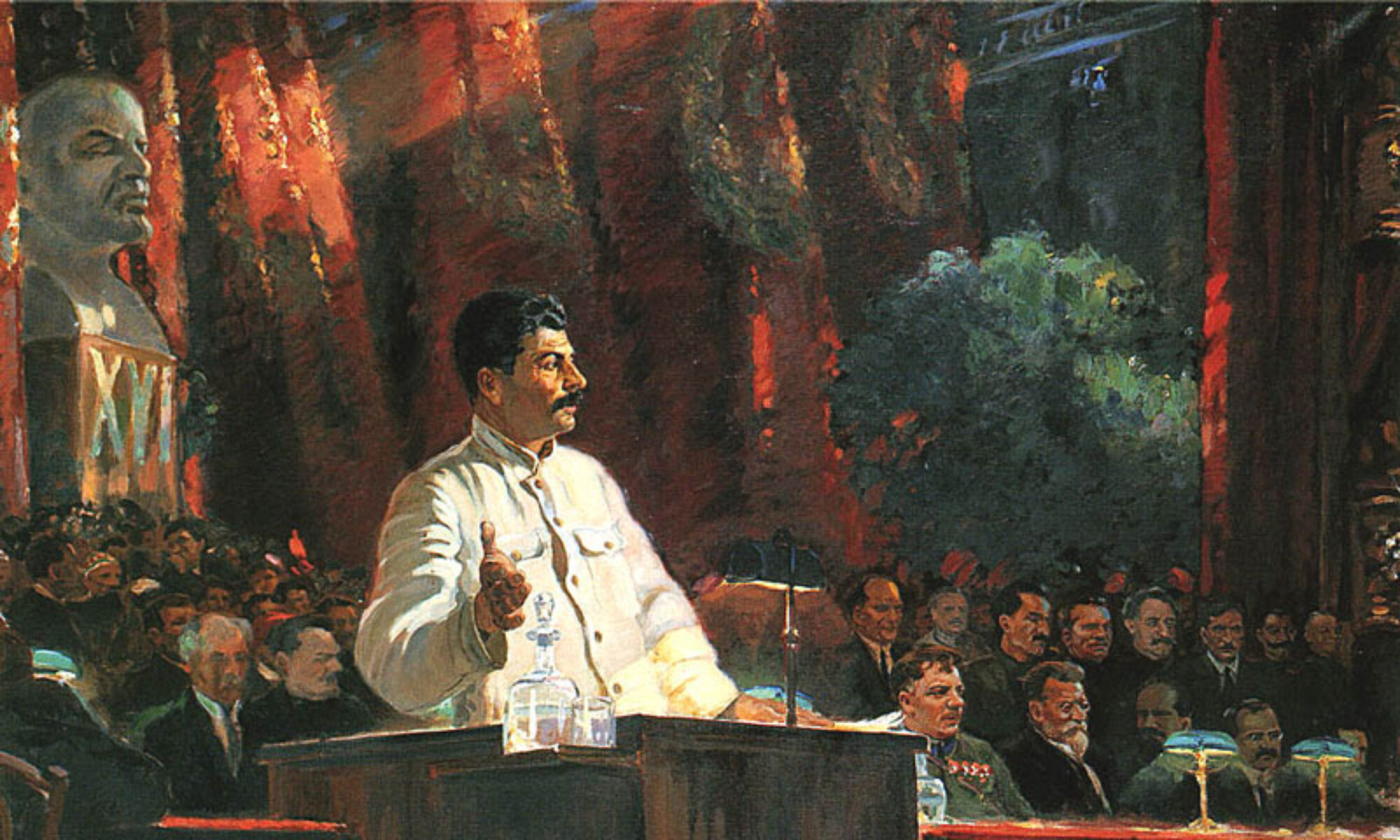Jahon Obidova is the definition of a Communist success story. Communism saved her from a life of abuse and poverty and allowed her to become an influential political figure. Kamp says, “The Communist Party Created the conditions for her to emerge as an activist and a leader. In the process, she broke every one of her own society’s gender conventions” (315). However, while we have such an exemplary example of equality within Communism, we also see how their actions didn’t always promote equality. With the Hujum, the Soviets ran into the fallacy that saying women could unveil meant that it was safe and that society was willing to accept this. As we see within the readings, not all women were comfortable unveiling and those who did were not free from societal persecution. While the Communist influence did intend to protect the unveiled women, they couldn’t reasonably combat decades of societal traditions.
While Soviet influence created powerhouses such as Jahon Obidova, we cannot ignore the damage and pain that many women faced by their influence, especially during the Hujum.


I cannot help but think that even though this government is strong and everyone just swoons for Stalin, that society does play the biggest role, and it still does. You think of how much stereotypes and assumptions of people make people behave a certain way, no matter what image the government puts out in them.
With the government essentially forcing this change, it may look fine on paper, but behind closed doors, there had to have been people saying the equivalent of “not in my back yard” in which it was fine if other people could do it but like you said, their traditions mean more to them.
I cannot help but think the government did not do that great of a job protecting these women. Especially in our larger text for today, we are giving accounts of women who were forced by their parents to divorce their “communist husbands” and women who were murdered by their husbands due to honor. This “great leap” looks great on policy paper, but there was not a lot of actual protection for women who decided to cast off tradition. I am not sure if safety and security of women were considered in this plan to the fullest possible extent.